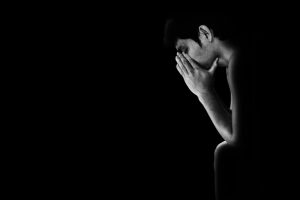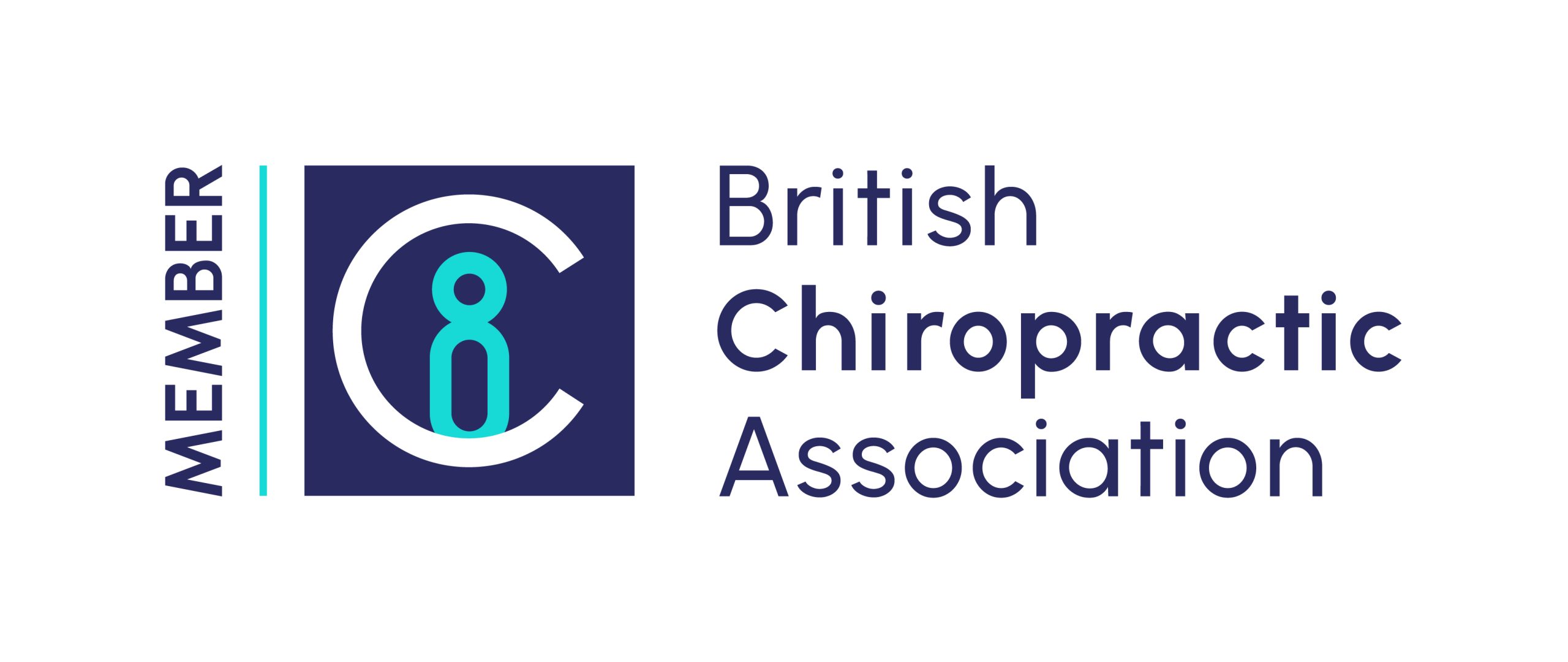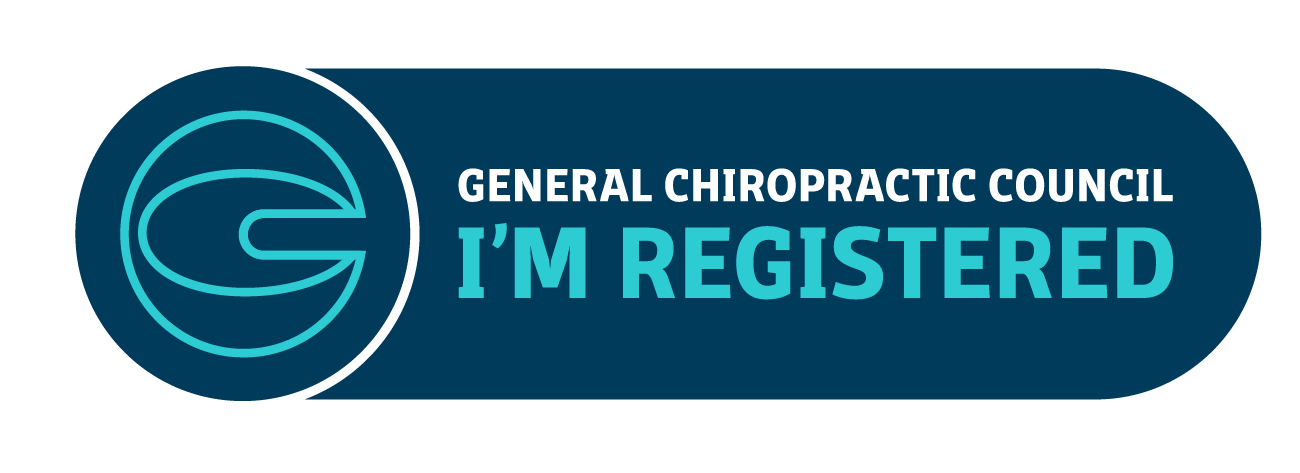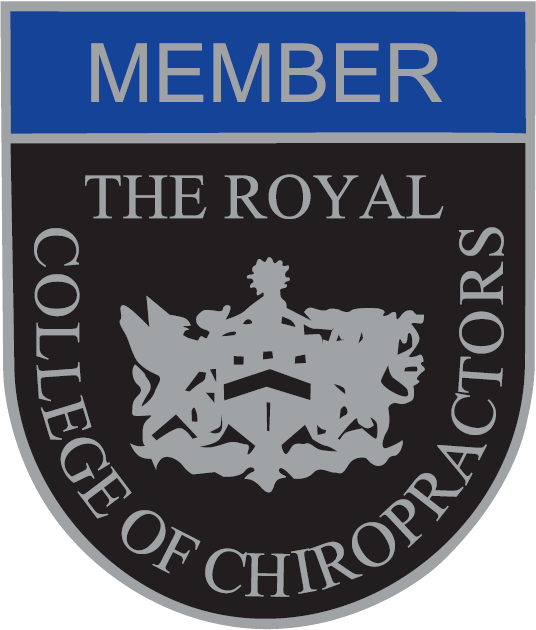 It is a fact that women are more likely to have an awareness of the problem of depression and to seek help if they are affected. Estimates suggest that one in four men is depressed, but men are much more likely to mask the symptoms. In many cases, they experience physical symptoms such as persistent headaches or back pain. Their loved ones, and even their GPs, may not recognize that they are suffering from depression.
It is a fact that women are more likely to have an awareness of the problem of depression and to seek help if they are affected. Estimates suggest that one in four men is depressed, but men are much more likely to mask the symptoms. In many cases, they experience physical symptoms such as persistent headaches or back pain. Their loved ones, and even their GPs, may not recognize that they are suffering from depression.
Depression can affect men of all ages, regardless of their profession or ethnic background but, even when aware that they have a problem, many men are unwilling to look for help, seeing this as an expression of weakness or something to be ashamed of.
Being Aware of the Signs of Depression
We all feel sad, or ‘down’, from time to time in our lives, but if these symptoms persist and just will not go away, it could indicate depression. The most common psychological symptoms are –
- A loss of interest in or enthusiasm for, things previously enjoyed, including social and sporting activities, resulting in withdrawal and isolation
- Finding it difficult to focus and concentrate
- Experiencing feelings of guilt and anxiety about things that you have no control over
- Feeling pessimistic about life and about what the future may hold
- Stopping paying attention to personal grooming, or the way you look after your home.
At worst, feelings of hopelessness creep in and suicidal thoughts can emerge.
Depression Can Have Physical Symptoms Too!
Many are surprised to learn that depression can be a cause of pain and other physical symptoms
- Headaches and back pain are both common in those with depression. Migraine sufferers and those with chronic pain can find that being depressed makes their symptoms worse.
- Chest pain is another physical symptom associated with depression or Borderline Personality Disorder. However, it is vital that any chest pain is investigated immediately to rule out any serious condition such as a heart problem.
- Problems with digestion can result in diarrhoea, constipation or alternating between the two. Nausea or sickness can also be a problem. Some people with depression find they lose their appetite, others ‘comfort eat’ craving starchy and/or sweet foods with a resultant weight gain.
- Sleep problems may mean that falling asleep or staying asleep result in daytime fatigue. Others sleep more than normal yet still find themselves feeling exhausted.
- Anxiety can cause physical symptoms such as feeling breathless, shaky, experiencing palpitations, churning stomach, dry mouth or sweating.
Men Can Also Experience More Anger
For men more than women, depression can also manifest in irritability, aggression and sudden angry outbursts. In some men, it can also result in a loss of control, more reckless behaviour such as driving too fast and taking unnecessary risks.
Men May Use Alcohol or Drugs to Help Them Cope
Women are better at talking about their problems. It is harder for men to admit they need help – which may be why more women than men are diagnosed with depression than women. Men do, however, seem to use drugs and alcohol more heavily as a way of self-medicating in a bid to help them cope with their symptoms.
The Most Common Cause of Depression in Men
Problems in a relationship and at worst, separation or divorce are the most likely causes of male depression. For those who are divorced, not seeing the children regularly or losing contact with them, having to move house and money worries, often result in the symptoms being more severe.
Are You Aware of These Symptoms of Depression in Yourself?
Depression awareness in men is important. If you recognize the psychological or physical signs outlined above in yourself, trying to suppress or hide these symptoms will only make matters worse. It can affect every aspect of life and make those you love miserable as well as yourself.
Below, we have listed some helpful online resources that may enable you to take that first step towards seeking treatment. It is important to talk to your Doctor so that you can receive appropriate help.
Resources:
The Movember Foundation – Men’s health charity addressing physical and mental health conditions experienced by men and suicide prevention.
NIMH – National Institute of Men’s Health “Real Men. Real Depression” campaign.
Men Get Depression – Downloadable pdf booklet packed with advice and information.
Help Guide – A guide to the symptoms and warning signs and how to get the help you need. This includes a questionnaire to assess how depressed you may be.








